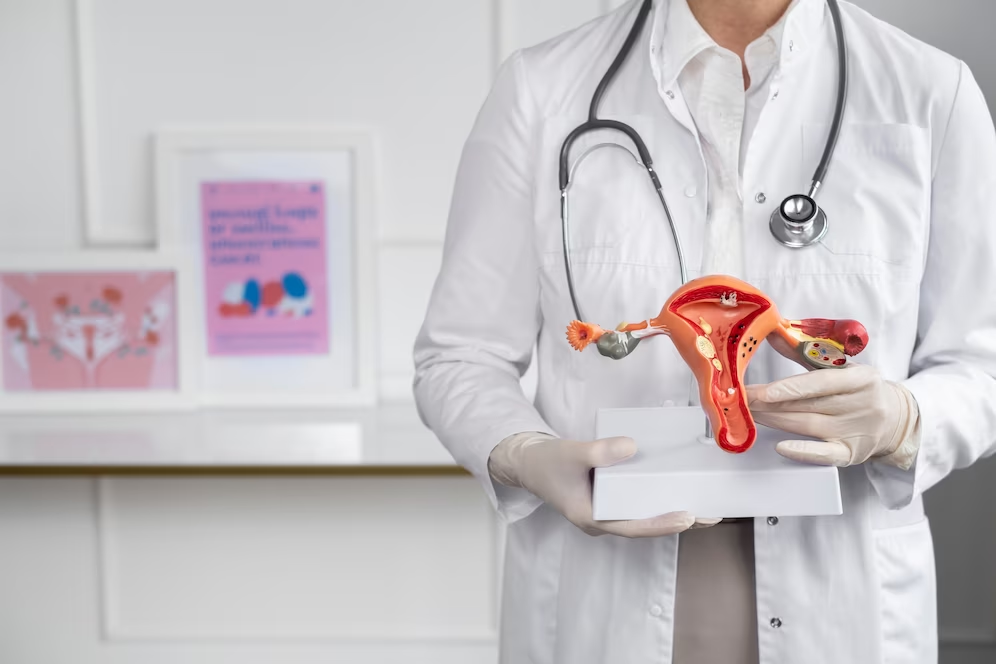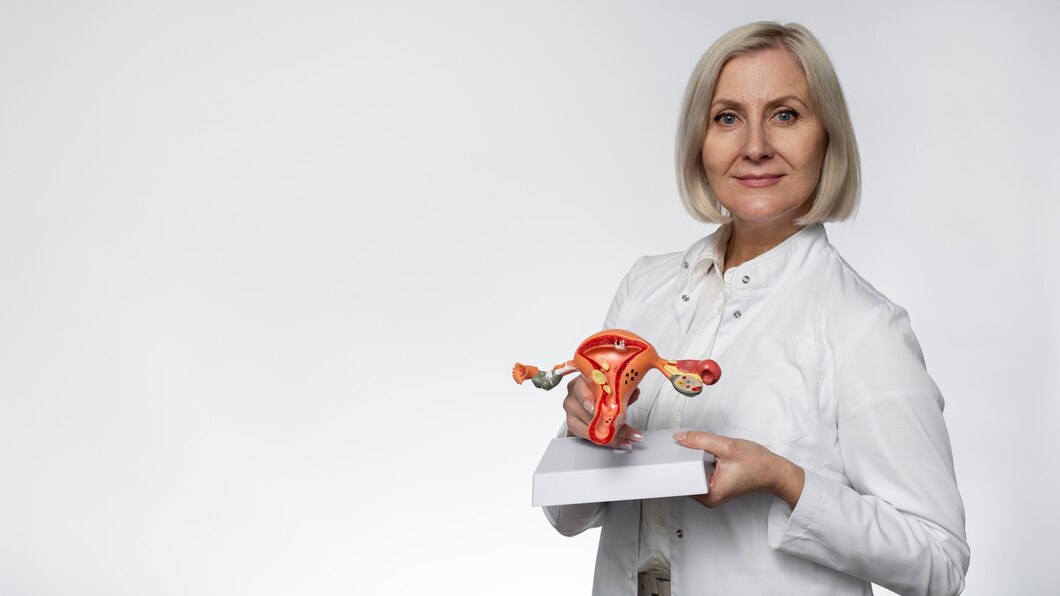The news of actress and model Poonam Pandey's death on Friday shocked everyone. However, the very next day Poonam herself appeared on social media and said, 'I am alive'. She said, I am alive with cervical cancer but the sad thing is that it has taken the lives of thousands of women who did not have the right information about how to deal with this disease. Unlike some other cancers, cervical cancer is completely preventable. Lives can be saved through HPV vaccination and early detection tests.

Poonam Pandey spread the news of her death to increase awareness among people about cervical cancer.
HPV vaccination and timely identification of symptoms and diagnosis can help prevent the infection from progressing and turning into cancer. Let us know how the HPV vaccine, which is effective in preventing cervical cancer, works and what other measures can be taken to prevent this cancer.
HPV vaccine can protect against cervical cancer
Cervical cancer is considered a serious type of cancer occurring in the cervix. The cervix is the lowest part of the uterus, which connects to the vagina. Most cases of this cancer are caused by human papillomavirus (HPV) infection. HPV is a common virus that can be spread from one person to another during sexual intercourse. At least half of sexually active people will get HPV infection at some point in their lives, although our body's immune system keeps this infection at bay.
HPV vaccine can not only be effective in preventing infection but it can also reduce the risk of cancer.
How does this vaccine work?
Like other vaccines that protect against viral infections, the HPV vaccine stimulates the body to produce antibodies, which can help the body quickly respond to a future HPV infection. The immunity created in the body by the vaccine can also help prevent cells from infecting and reducing the spread of infection.
Current HPV vaccines are based on virus-like particles (VLPs).
Who can get vaccinated?
Health experts say HPV vaccination is considered the most effective way to prevent cervical cancer. Vaccines have been found to reduce HPV infections and cancers by more than 90%. According to the recommendations of the Centers for Disease Control and Prevention (CDC), these vaccines can be given from the age of 9 years. All pre-teens should be given the HPV vaccine to protect them from HPV infection, which can also prevent cancer later in life. Meet the doctor and get information about vaccination.

Keep these things in mind to prevent cervical cancer
Cancer experts say the most important things you can do to help prevent cervical cancer are to get vaccinated against HPV, get regular screening tests, and seek medical advice from time to time. Some other measures may help reduce your risk.
There are some additional steps you can take to help prevent cervical cancer.
Avoid sexual intercourse during adolescence.
Do not have too many sexual partners, this can also lead to the risk of infection and cancer.
It is important to have safe sex.
Smoking can also be a risk, all people need to keep their distance from smoking.
(PC: Freepik)










